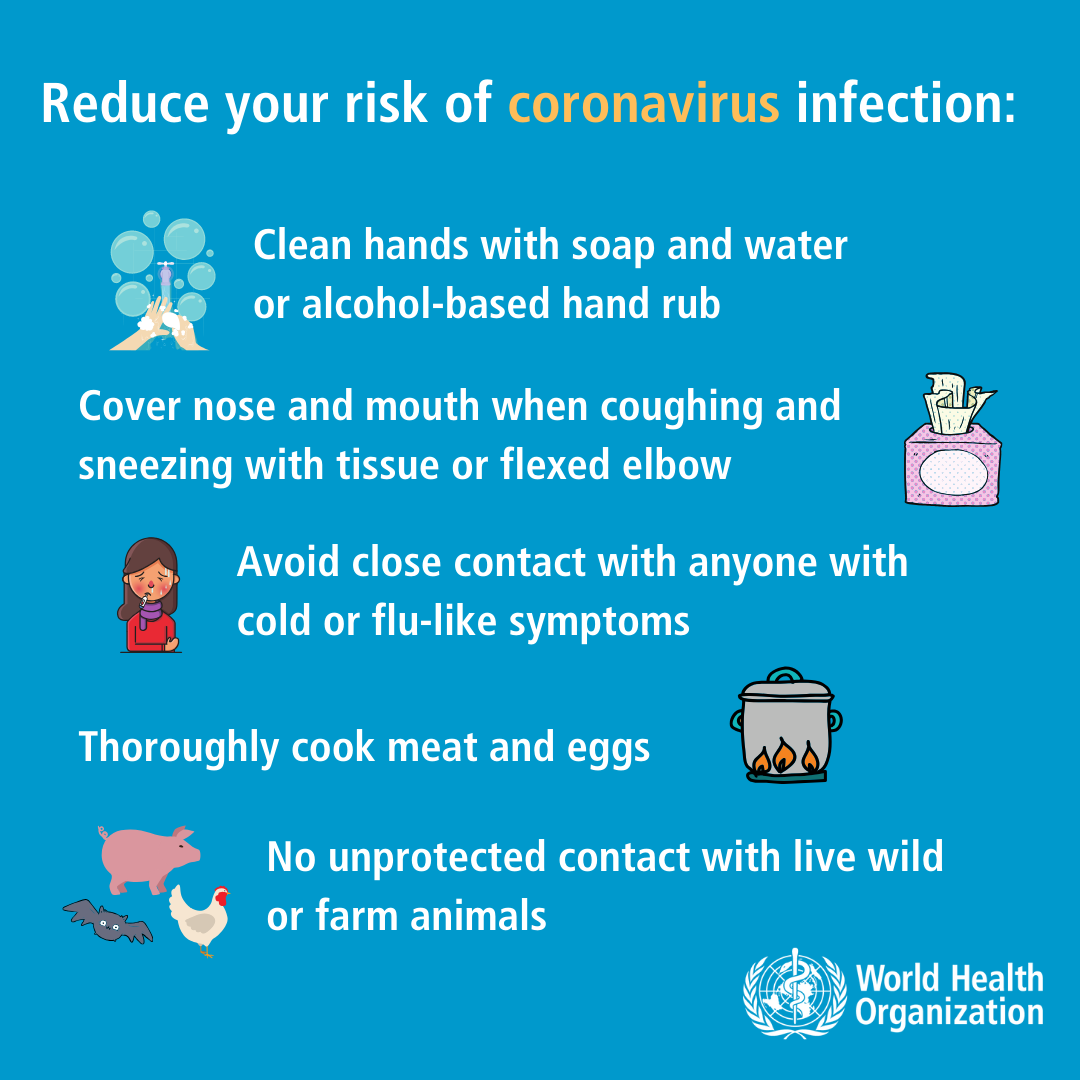
Hallo, see you again, this time will discussed about how to prevent covid 19 after exposure What to do if you're exposed to COVID-19 see in full
Infectious disease specialists offer tips on how to monitor your health and protect others from exposure to the virus.
How should you care for your health? And keep others safe? A growing number of people will face those questions as COVID-19—declared a pandemic—spreads through the U.S. (Chris Clark | Spectrum Health Beat)
"Most people begin to show symptoms about five days after they are exposed," infectious disease specialist Russell Lampen, DO, said. "We have not seen people develop infections after 14 days of exposure." (Chris Clark | Spectrum Health Beat)
"When a confirmed case is identified, all close contacts to that case will need to be monitored for 14 days from last exposure," pediatric disease specialist Rosemary Olivero, MD, said. (Chris Clark | Spectrum Health Beat)
Do frequent cleaning, using Lysol or bleach-based cleaners. "Emphasize hand hygiene for the whole household," Dr. Olivero added. "Wash, wash, your hands." (Chris Clark | Spectrum Health Beat)
Initially the symptoms of COVID-19 are similar to having a cold—a sore throat, runny nose, maybe a headache. "When people develop shortness of breath, that's when symptoms become concerning," Dr. Lampen said. (Chris Clark | Spectrum Health Beat)
"When people develop shortness of breath, that's when symptoms become concerning. And that's when people should seek care and contact their doctors," Dr. Lampen said. (Chris Clark | Spectrum Health Beat)
If you are in the state of Michigan, call 833.559.0659 for a free screening. A medical provider will review your symptoms and determine whether you should be seen by a medical professional. (Chris Clark | Spectrum Health Beat)
If possible, the sick person should isolate to a certain room to minimize contact with family members, Dr. Olivero said, and use a separate bathroom if there is more than one in the home. (Chris Clark | Spectrum Health Beat)
"You should know that in the vast majority of cases, people who get the disease will be fine and recover without developing severe disease," Dr. Olivero said. (Chris Clark | Spectrum Health Beat)
If you came home from an event or family gathering and learned you had been exposed to the novel coronavirus, would you know what to do?
How should you care for your health? And keep others safe?
A growing number of people will face those questions as COVID-19—declared a pandemic—spreads through the U.S.
discuss how to monitor your health and to minimize the chance of infecting others if you get sick.
Below are some answers and practical tips from .
Q: What should I do if I’m exposed to someone with COVID-19?
The degree of exposure matters. If the sick person was across the room, there is less likelihood you’ll become ill.
To be infected with the disease, you typically need to be in close contact with someone who is ill.
Close contact means:
- Living in the same household
- Being within 6 feet of each other for about 10 minutes
- Being in contact with respiratory droplets from the sick person, through coughs, kisses or sharing utensils
Q: So let’s say I’m in close contact with someone with a confirmed case of COVID-19, now what?
For the next 14 days, you should monitor your health for fever, cough and shortness of breath. Quarantine yourself in your home for two weeks, if possible.
“During that time, you should avoid public places,” Dr. Olivero said.
Q: What is the ‘contact monitoring’ I’m hearing about?
“When a confirmed case is identified, all close contacts to that case will need to be monitored for 14 days from last exposure,” Dr. Olivero said.
Essentially, the local health department will be responsible for identifying people who have been in close contact with the patient, recording those contacts in a computer database and monitoring the data.
Household contacts of a confirmed case may need additional assessment, and the health officials will coordinate the response.
Q: What is the incubation period for this illness?
“Most people begin to show symptoms about five days after they are exposed,” Dr. Lampen said.
“We have not seen people develop infections after 14 days of exposure.”
Q: And if I do become sick—what should I do?
“You should know that in the vast majority of cases, people who get the disease will be fine and recover without developing severe disease,” Dr. Olivero said.
If you are concerned about your health, call the .
If you are in the state of Michigan, call 833.559.0659 for a free virtual screening. A medical provider will review your symptoms and determine whether you should be seen by a medical professional.
“If you think it’s an emergency—if you are having significant difficulty breathing and significant chest pain—call 911 or go to the emergency department,” Dr. Olivero said. “But please also call the en route, if possible, so staff will be prepared to receive you and prevent potential spread of illness to others.”
Q: How can I tell the difference between COVID-19 and a common cold or influenza?
Initially the symptoms of COVID-19 are similar to having a cold—a sore throat, runny nose, maybe a headache.
“The concern is when they develop increasing shortness of breath. It goes from an upper respiratory infection into a pneumonia where the virus attacks the lungs,” Dr. Lampen said.
“When people develop shortness of breath, that’s when symptoms become concerning. And that’s when people should seek care and contact their doctors.”
Q: While I’m sick, how do I avoid spreading the disease to loved ones or my community?
“Really take very seriously the need to stay home,” Dr. Olivero said. “Wear a surgical mask if you are around other people.
“And as much as you can, limit exposure to the rest of the family.”
If possible, the sick person should isolate to a certain room to minimize contact with family members. And use a separate bathroom if there is more than one in the home.
Avoid sharing the same objects. Obviously, don’t use the same utensils.
Do frequent cleaning, using Lysol or bleach-based cleaners.
“Emphasize hand hygiene for the whole household,” Dr. Olivero added. “Wash, wash, your hands.”
Q: Should I stockpile food and goods in case I get sick?
You don’t necessarily need a huge supply on hand.
But if you’re sick, you shouldn’t go out to the grocery store. You could have other people shop for you or use a delivery service.
“If you have chronic medical conditions, you may want to think about getting enough medicine on hand for the next month,” Dr. Olivero said.
Q: How long does the illness last?
“Once somebody is sick, the average duration of symptoms is a week to 10 days,” Dr. Lampen said.
The length of time someone is contagious is not clear, he said.
The virus spreads through droplets—from coughs and sneezes, for instance.
“It is thought that once symptoms improve, their chance of transmitting infection decreases significantly,” Dr. Lampen said.
Q: If I do get COVID-19, could I ever get it again?
Because the disease is so new, physicians don’t know the answer for sure.
But Dr. Lampen believes it’s possible to suffer more than one bout. There are four other coronaviruses that cause the common cold, and people often get a cold every year.
He had one bit of good news about a repeat infection:
“It is thought that if you were to get it again, it would be less severe the next time you contract it,” he said.
Q: What is my risk of exposure in the environment, from items such as handrails and grocery carts?
“It’s not known how long COVID-19 can survive in the environment on objects,” Dr. Lampen said. “Based on other coronaviruses, most viral particles are unlikely to cause infection after 24 hours, although there are some reports of the virus being viable up to nine days under perfect conditions—with the ideal temperature, humidity and lack of ultraviolet light.”
He advises using a disinfecting wipe, when possible, on commonly used surfaces like grocery carts. Otherwise just wash or disinfect your hands after shopping. Avoid touching your face.
“Droplets from infected individuals coughing and sneezing are likely responsible for the majority of cases of COVID-19,” he added. “The environment is thought to play a much smaller role in transmitting disease than direct person-to-person spread.”
That is it explanation about What to do if you're exposed to COVID-19 hopefully info this adding insight thank you
Article this was posted on label


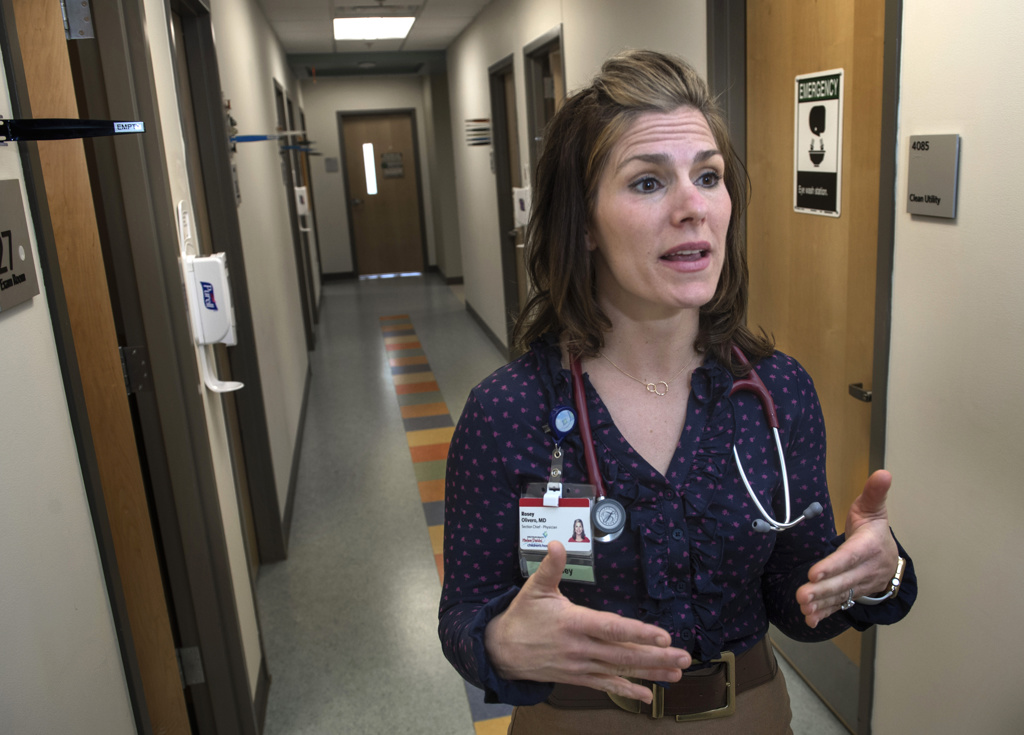
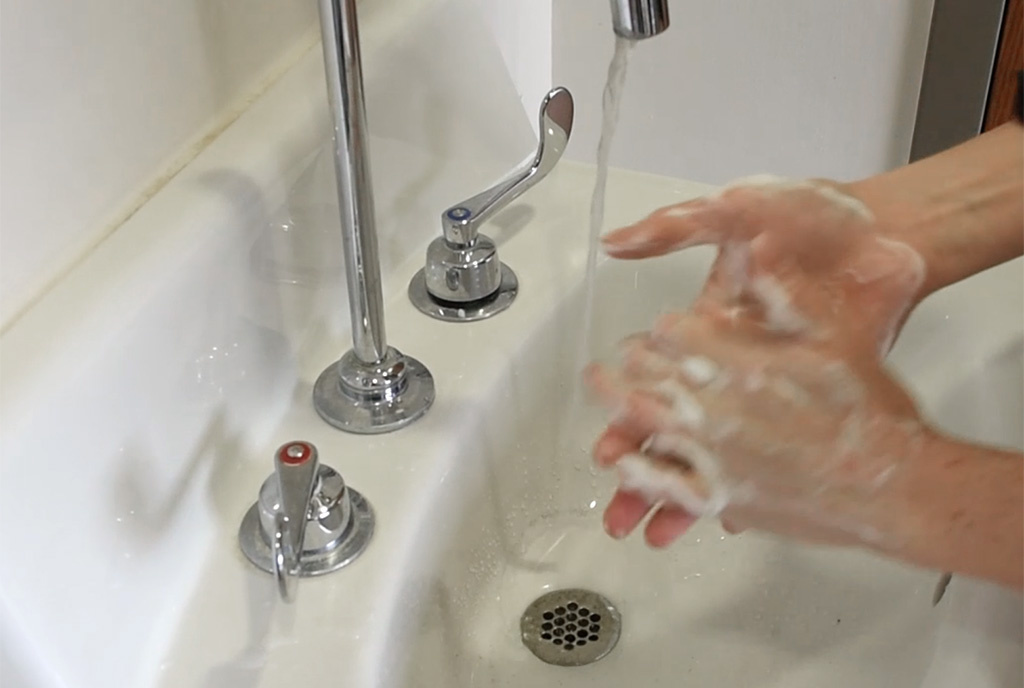
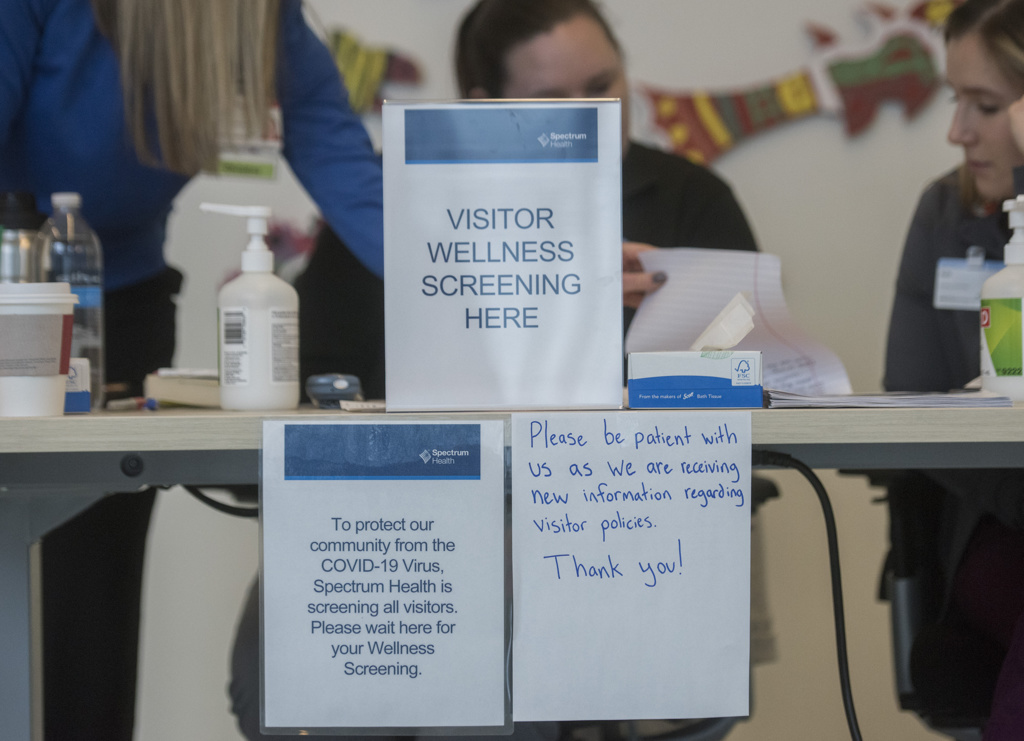
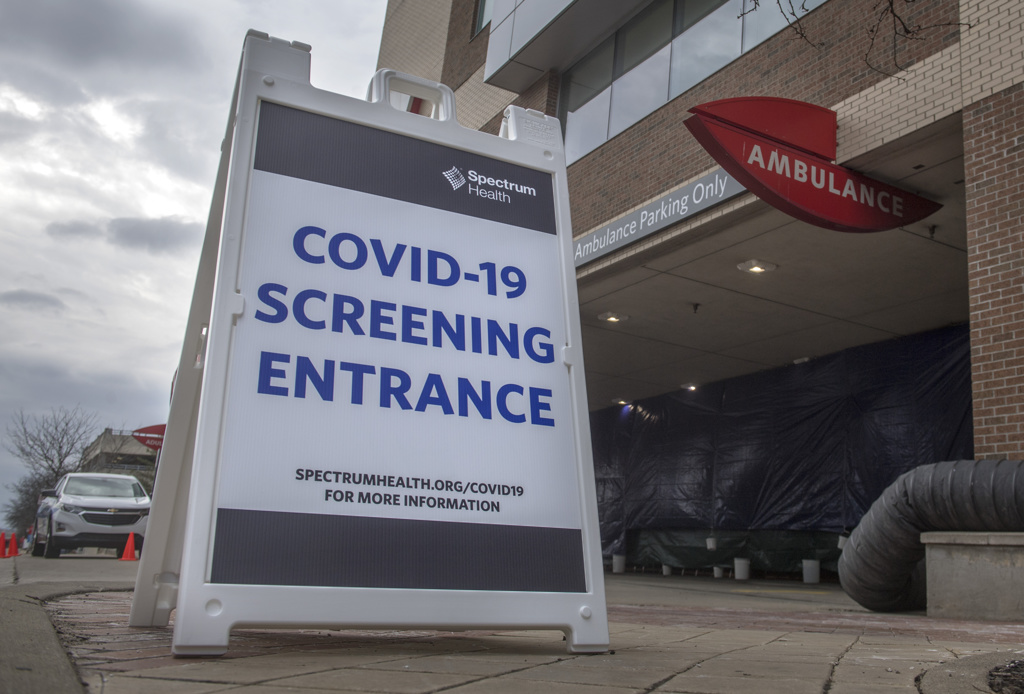
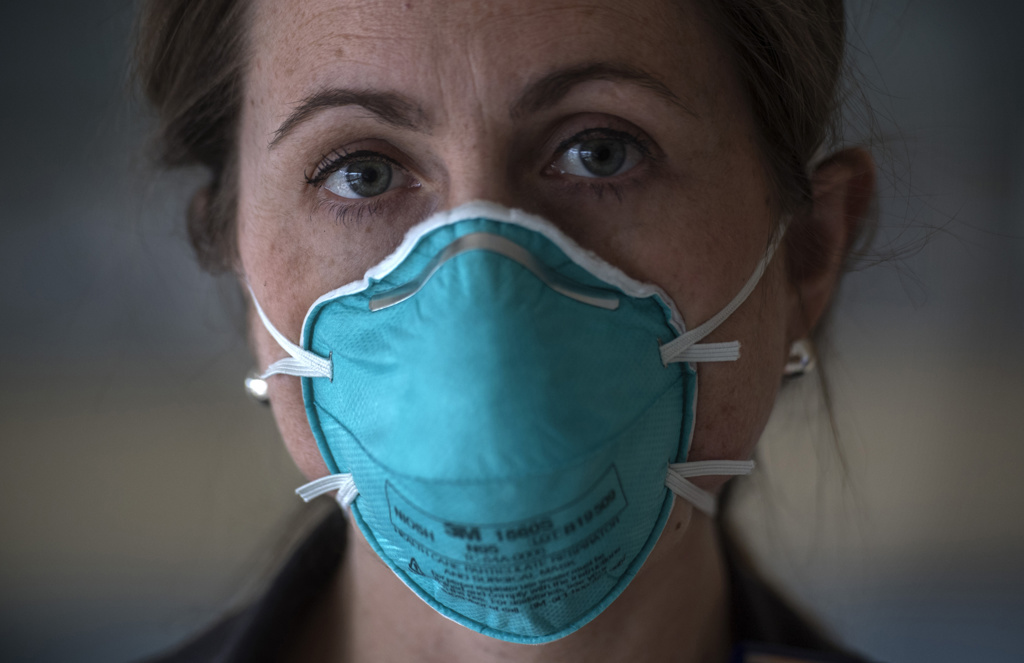
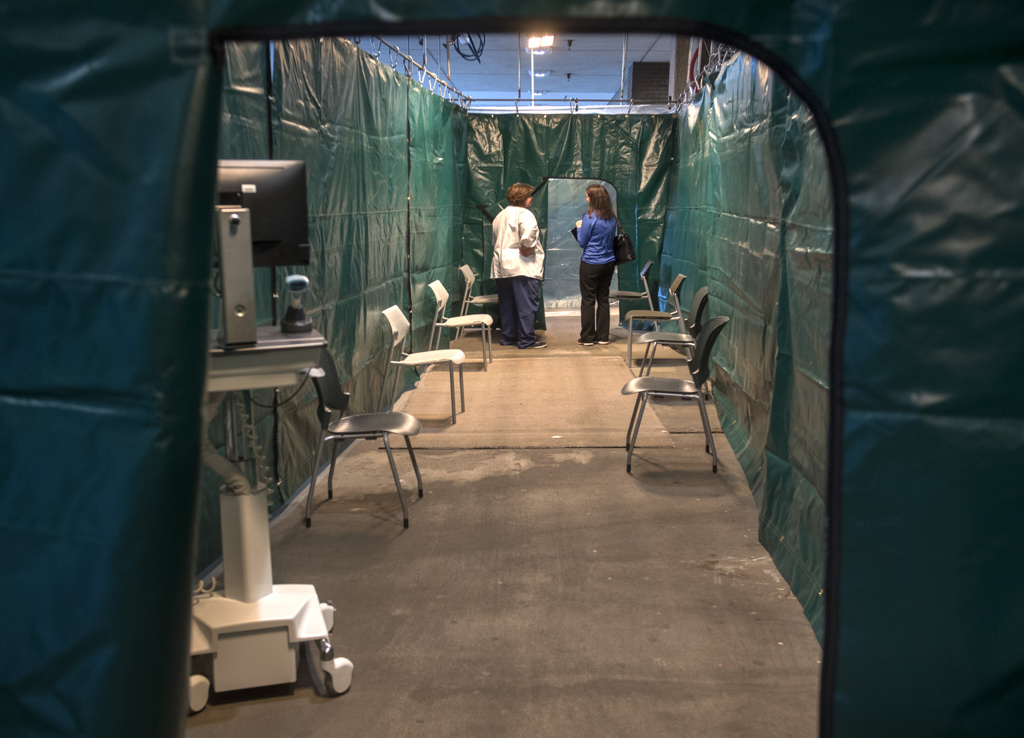
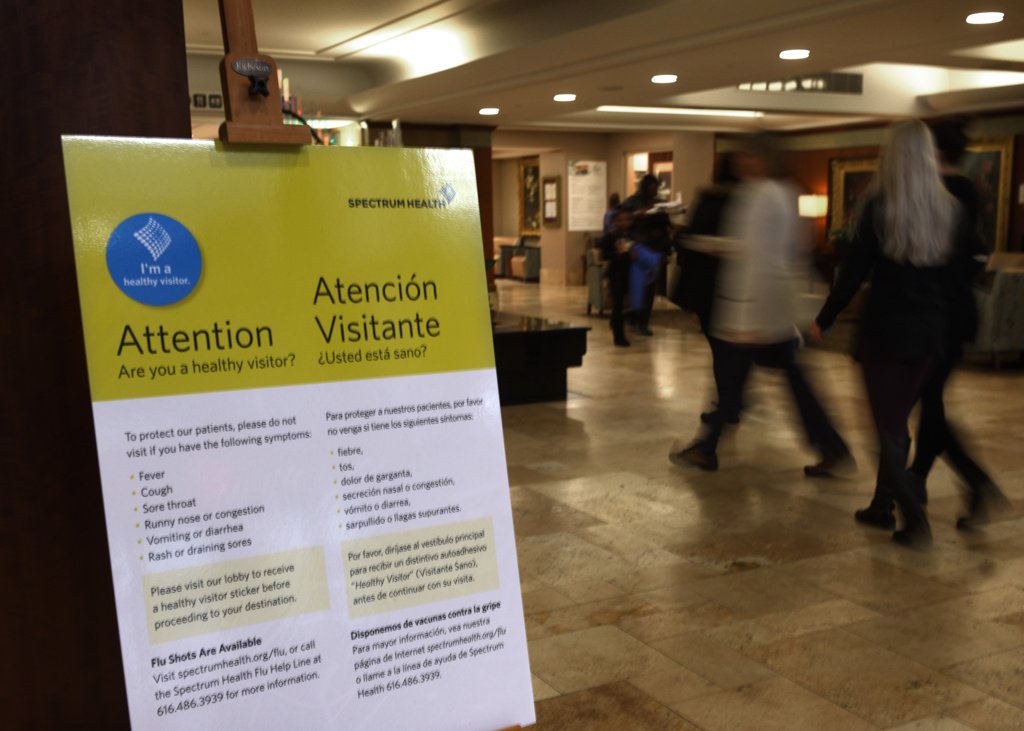
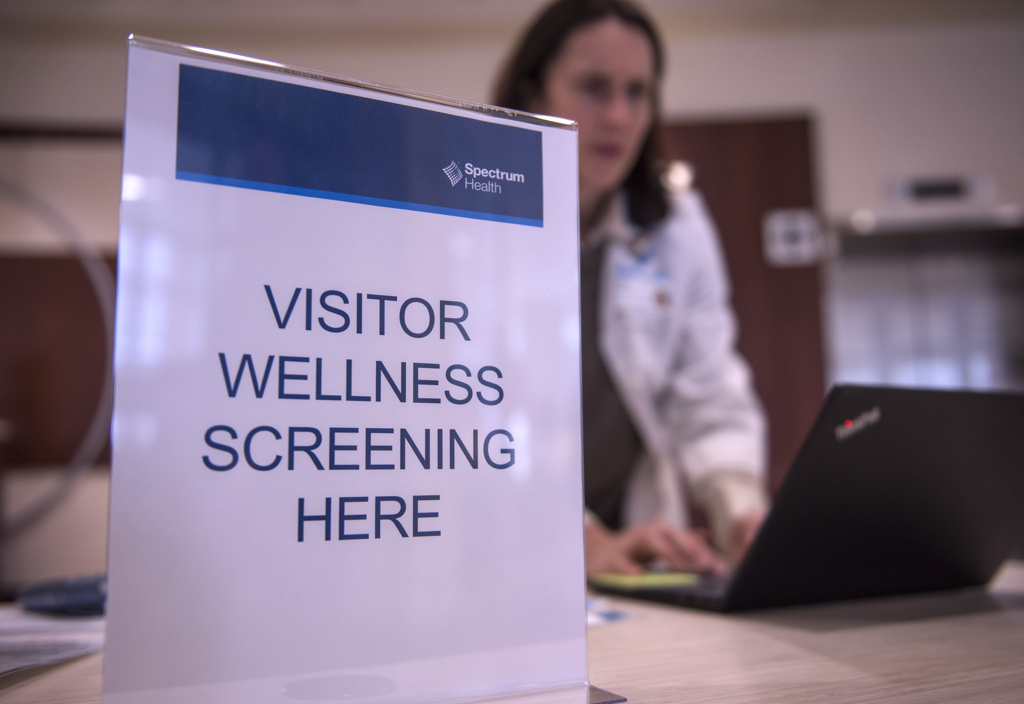
Comments
Post a Comment